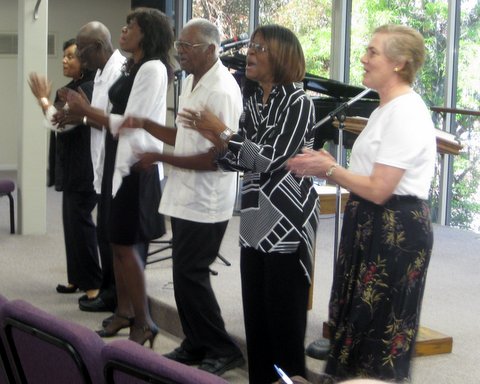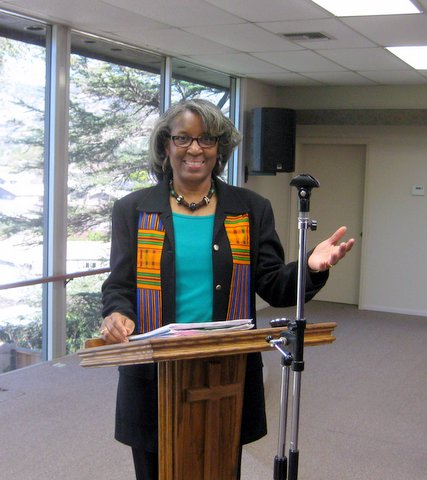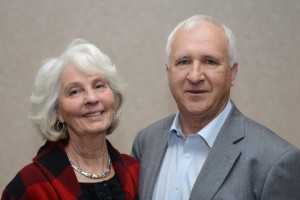Dear Brothers and Sisters,
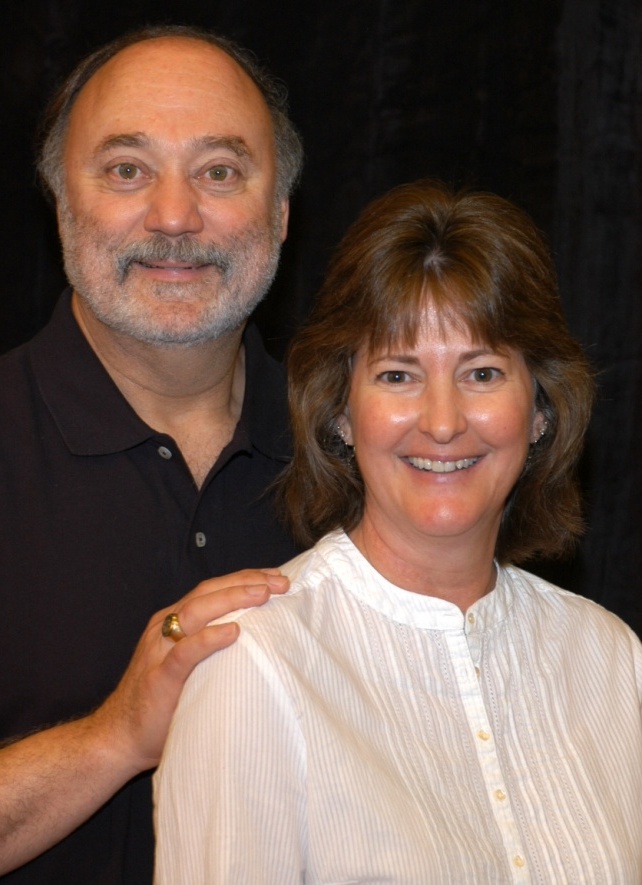 Though interesting and vital, the study of history often leads to disagreement as people align with differing perspectives concerning the historical record. Depending on one’s country of origin, generation, race, religion, gender and other factors, people often emphasize some aspects of the record while diminishing (or even selectively revising) others. In some cases, they even embrace false statements that have been repeated so often they have become accepted as historical fact.
Though interesting and vital, the study of history often leads to disagreement as people align with differing perspectives concerning the historical record. Depending on one’s country of origin, generation, race, religion, gender and other factors, people often emphasize some aspects of the record while diminishing (or even selectively revising) others. In some cases, they even embrace false statements that have been repeated so often they have become accepted as historical fact.
Is religion the cause of most wars?
A case in point is the often-repeated statement that “religion is the cause of most of the wars in human history.” This claim has been popularized by a wide array of well-known people, including British atheist Richard Dawkins and American actress Gwyneth Paltrow (see her quote below).
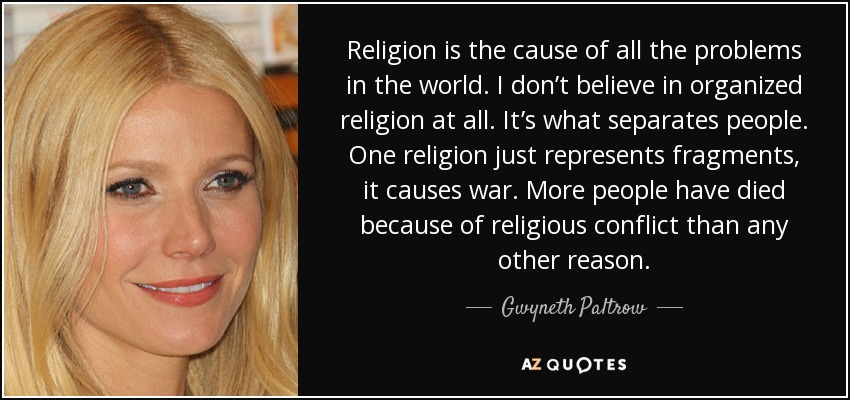
The problem with this claim is that it does not align with the facts of history [1]. As illustrated in the chart below (drawing on data in The Encyclopedia of Wars) there were about 1763 wars between 8000 BC and AD 2000 and religion was the underlying cause in only about 123 (7%) of those conflicts.
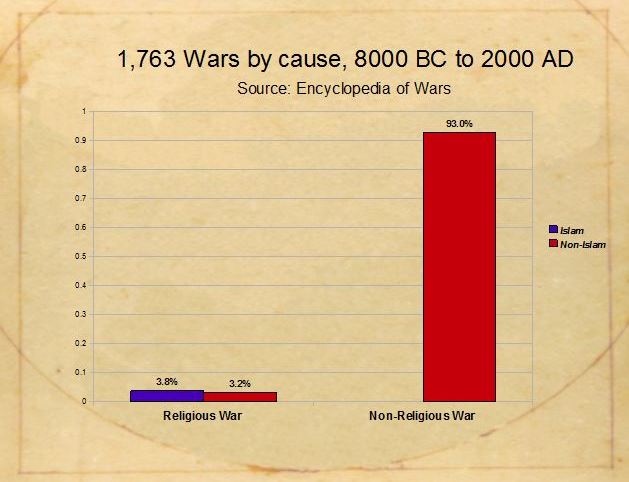
Did Christianity oppose science?
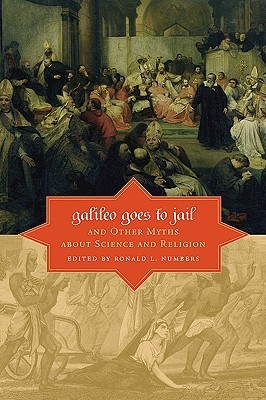 Another often-repeated claim is that during the Enlightenment (the period typically defined as stretching from 1685-1815), non-Christians and atheists worked to advance the role of science against the opposition of Christians. That claim is also false. Leading up to and during that period Christians were generally not anti-science and, in fact, were at the forefront of the advancement of scientific discovery.
Another often-repeated claim is that during the Enlightenment (the period typically defined as stretching from 1685-1815), non-Christians and atheists worked to advance the role of science against the opposition of Christians. That claim is also false. Leading up to and during that period Christians were generally not anti-science and, in fact, were at the forefront of the advancement of scientific discovery.
Contrary to one of the assertions of the conflict thesis, which seeks to pit theology against science, the Enlightenment was not characterized by antagonism between Christianity and science. That flawed thesis, which arose in the mid-1800s, was debunked by historians of science in the mid-1970s (as noted in Galileo Goes to Jail and Other Myths about Science and Religion, in which Ronald Numbers debunks false information including that related to the incident between Galileo and the Catholic Church). Though shown to be untrue over 40 years ago, the conflict thesis continues to be widely promulgated, even by those who ought to know better (journalists included).
The truth is that not only did Christianity not hold back scientific advancement, but many of the great discoveries of science were made by scientists who were Christians, including such men as Galileo, Isaac Newton, Rene Descartes, Blaise Pascal, Francis Bacon, Robert Boyle, Michael Faraday, James Clerk Maxwell, Gregor Mendel, Asa Gray, Lord Kelvin and Michael Polanyi. Though not Christian, Einstein was a theist who believed in an intelligent, transcendent God. He once said, “Science without religion is lame, religion without science is blind.”
But what about the Dark Ages?
Though bias in interpreting history can never be totally eliminated, there are times when the “fog” of bias becomes so dense that it obscures the truth entirely. But when bias is held to a minimum, reality can shine through. An example is the use of the term “Dark Ages” to identify the period between the 6th and 14th centuries. Most historians have stopped using that term because it gives the false impression that during that period (also known as the “Middle Ages”) there was pervasive ignorance accompanied by little development in knowledge, a situation exacerbated by the Church in its promulgation of unscientific, religious “superstitions.” But this narrative is simplistic and fails to account for the true history of that period, as Ronald Numbers notes in the book cited above.
Does Christianity promote misogyny?
In our day it’s fashionable to claim that Christianity is responsible for many of the world’s ills, including that of misogyny (hatred of and/or prejudice against women and girls). Aligned with that claim is the notion that the Bible is a deeply misogynistic book and famous Christians from Tertullian to C.S. Lewis had a low view of women. Though bolstered by the practice in some churches of excluding women from leadership, such claims are largely wrong (I can hear my grandfather saying that people who make them “are a few colors short of a rainbow!”).

by Jules Lunteschütz
(public domain via Wikimedia Commons)
The fact of history is that misogyny arose not in Christianity but in paganism, particularly in the wake of the Enlightenment when supposedly “enlightened” people became so “smart” they concluded that belief in God was unnecessary. For example, Frederick Nietzsche (1844-1900) in Thus Spake Zarathustra, wrote that, “God is dead.” In the same essay he wrote, “Thou goest to women? Do not forget thy whip!” Nietzsche’s thinking was influenced by Arthur Schopenhauer (1788-1860), who in On Women wrote this:
Women are instinctively crafty, and have an ineradicable tendency to lie… As lions are furnished with claws and teeth, elephants with tusks, boars with fangs, bulls with horns and the cuttlefish with its dark, inky fluid, so Nature has provided woman for her protection and defense with the faculty of dissimulation, and all the power which Nature has given to man in the form of bodily strength and reason has been conferred on woman in this form. Hence, dissimulation is innate in woman and almost as characteristic of the very stupid as of the clever.
The claim that misogyny arose from Christianity and the Bible is akin to “the skunk calling the rose stinky.” Jesus long ago debunked false claims that men are smarter than and superior to women. He did so by dying for men and women and including both in his resurrection. Both men and women are predestined in Christ, and as the apostle Paul eloquently explains, “There is neither Jew nor Greek, there is neither slave nor free, there is neither male nor female; for you are all one in Christ Jesus” (Galatians 3:28 NKJV).
Without erasing gender differences, Paul affirmed a mutual interdependence between men and women: “Nevertheless, neither is man independent of woman, nor woman independent of man, in the Lord. For as woman came from man, even so man also comes through woman; but all things are from God” (1 Corinthians 11:11-12 NKJV). Note that Paul wrote this long before the beginning of the modern feminist movement.
Positive contributions of Christianity

(public domain via Wikimedia Commons)
There always will be those who claim that Christianity is the cause of much of what is wrong in the world. It is true, of course, that some Christians have caused harm, and some still do, typically by living out misguided, sub-Christian beliefs. But these negative impacts have been far outweighed by the positive contributions to mankind made by Christ-followers. Christians founded most of the hospitals in the Western world, providing care for people regardless of their religious beliefs. [2] For centuries Christians have positively affected education, science, technology, music, literature and the arts. They have been strong advocates for human rights, care for the mentally ill, the eradication of slavery, promotion of marriage and the family, and equality for all under the law. Paul said, “I am not ashamed of the gospel” (Romans 1:16). To that I say “amen” and add that I’m proud to be a Christian—an ambassador for Christ.
Walk in truth
Though some will continue to distort history to make a point or gain an advantage, historical revisionism never changes the truth. Therefore we need to beware historical revisionism and walk in truth—following and worshiping the Son of God who came to impact the world in a powerful and positive way. As his ambassadors, we are invited to participate with Jesus in living and sharing the gospel, and in so doing making a positive impact in the world. Though Jesus is always bringing about change in the world, he never does so by revising the truth. He doesn’t need to because the truth is always good news! Jesus, who is the truth, always establishes truth. Let us follow his lead.
Rejoicing in truth,
Joseph Tkach
________________
[1] See the article by Rabbi Alan Lurie at http://www.huffingtonpost.com/rabbi-alan-lurie/is-religion-the-cause-of-_b_1400766.html.
[2] See the Christian Medical Fellowship article at http://admin.cmf.org.uk/pdf/helix/spr00/11history.pdf.

